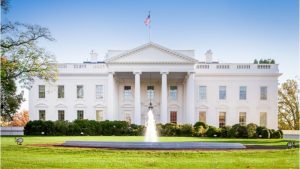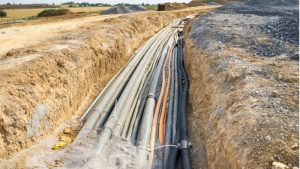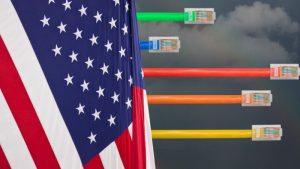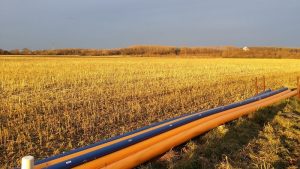The Biden administration today announced how it will distribute more than $42 billion in Federal funding to expand high-speed internet access nationwide, commencing the largest-ever campaign to help an estimated 8.5 million families and small businesses obtain access to affordable broadband services.
The Biden Administration and U.S. Department of Agriculture Secretary Tom Vilsack have announced $714 million in grant funding aimed at connecting thousands of rural residents across the U.S. with broadband technology.
The Federal Communications Commission’s (FCC) Affordable Connectivity Program (ACP) is likely to run out of its current funding sources by mid-2024 – potentially ending the flow of money to pay for affordable broadband connectivity and devices for the more than 17 million Americans that have benefited from the program.
As part of its efforts to close the digital divide on its campus, California State University, Fullerton (Cal State, Fullerton) is partnering with Excess Telecom to bring affordable broadband and discounted tablet rentals to the university’s students.
Baltimore Mayor Brandon Scott announced the launch of the Bmore Connected campaign intended to expand in-home broadband access across the city. The new campaign will be spearheaded by the Baltimore City Office of Information and Technology’s (BCIT) Office of Broadband and Digital Equity (BDE).
The Federal Communications Commission (FCC) will release an updated Broadband Funding Map in June to improve existing inaccuracies, according to National Telecommunications and Information Administration (NTIA) Administrator Alan Davidson.
The U.S. Department of Treasury has approved Federal funding for broadband infrastructure projects in Delaware and Idaho. The funds come from the American Rescue Plan’s Capital Projects Fund (CPF), part of President Biden’s Investing in America Agenda.
A bipartisan group of policymakers recently introduced a House bill that aims to eliminate duplicative broadband programs at the U.S. Department of Agriculture (USDA).
A year after the Government Accountability Office (GAO) made a call for a unified Federal government broadband strategy, that idea appeared to attract some backing at a House subcommittee hearing on May 10 that tackled possible next steps for consolidating and organizing the programs.
The Federal Communications Commission (FCC) has created a new landing page, GetInternet.gov, for applications to its Affordable Connectivity Program (ACP).











